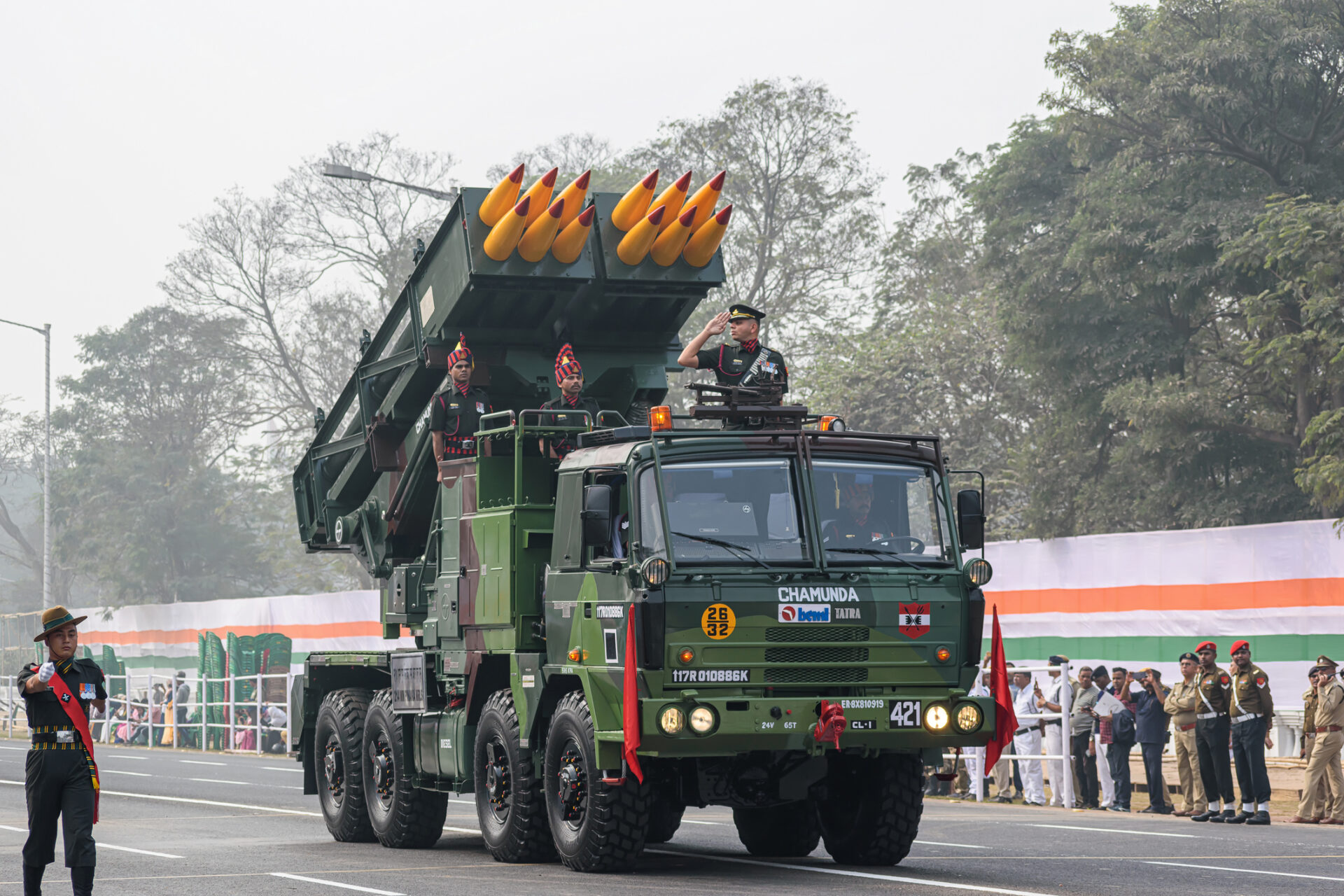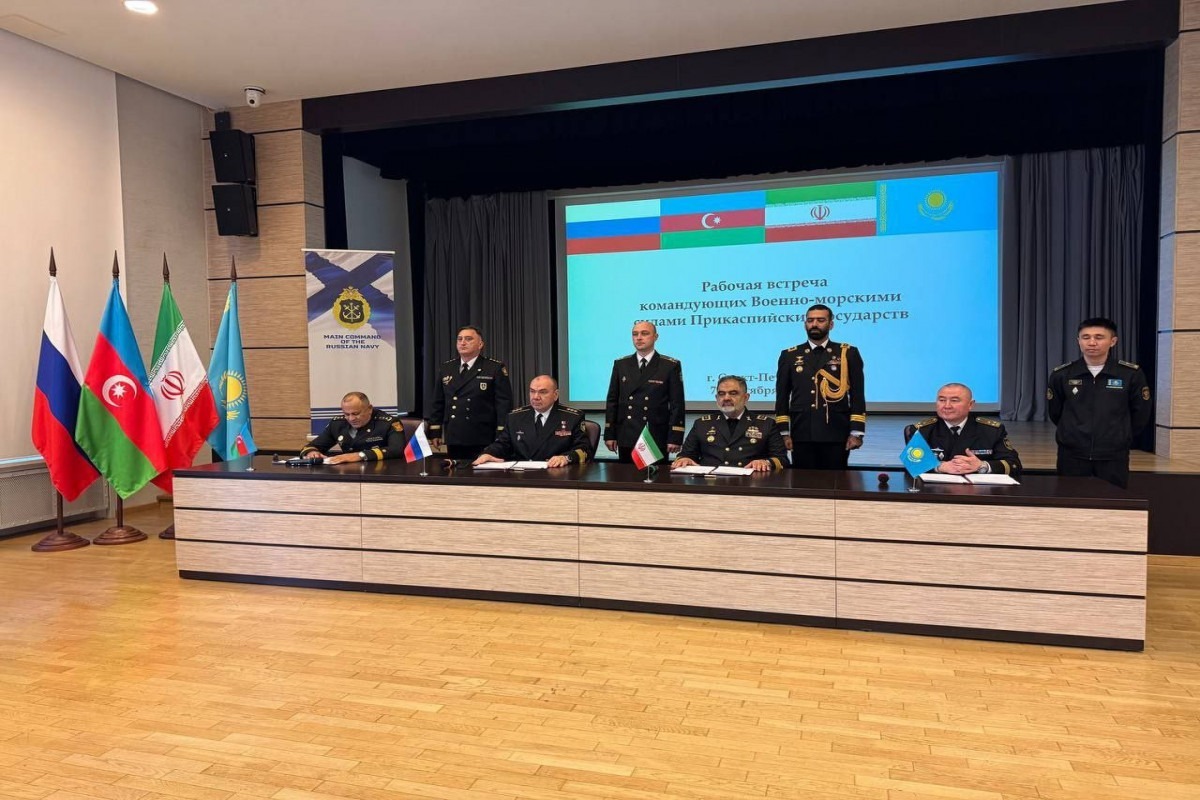
Karabakh Peace Talks Break Down as Azerbaijan and Armenia Operate at Cross-Purposes
Karabakh Peace Talks Break Down as Azerbaijan and Armenia Operate at Cross-Purposes
Late 2018 to early 2019 was marked by a number of positive developments as peace talks intensified between Armenia and Azerbaijan regarding the Karabakh conflict. Last December, Azerbaijani President Ilham Aliyev tweeted that “the year 2019 will give a new impetus” to the conflict settlement process (Twitter.com/presidentaz, December 14, 2018). This optimism was echoed by Azerbaijan’s Foreign Minister Elmar Mammadyarov, who expressed hope for “certain progress” on the withdrawal of Armenian forces from Azerbaijan’s occupied territories in 2019. He assured of Baku’s readiness to grant security guarantees and the highest degree of self-governance possible for Armenians in Karabakh within Azerbaijan’s borders (Mfa.gov.az, December 25, 2018).
In their last meeting, the Azerbaijani and Armenian foreign ministers agreed to prepare their populations for peace (Mid.ru, December 6, 2018; Osce.org, January 16, 2019). And meanwhile, the Azerbaijani community of Karabakh repeatedly conveyed messages to the region’s Armenian community calling for peaceful reconciliation—although, those dispatches were not met with a constructive response (Azertag.az, December 26, 2018; Trend, February 13, 2019). Moreover, the relatively stable frontier posts along the Azerbaijani-Armenian (northern) state border were handed over to Azerbaijan’s State Border Service, while the opposite side of the border is reportedly being guarded by an Armenian police detachment. The partial deployment of non-military security forces to the border by both states was seen as a reciprocal confidence-building measure designed to try to reduce ceasefire violations along this section of the frontier (Janes.com, December 20, 2018; Azertag.az, December 15, 2018).
The process also received attention from the co-chairing states (Russia, France, the United States) of the Organization for Security and Cooperation in Europe’s (OSCE) Minsk Group. Russian Foreign Minister Sergei Lavrov said the “willingness [of Azerbaijan] to search for solutions” deserves support and “we hope” Armenia “will reciprocate” (Mid.ru, January 16). During his last visit to Armenia, US National Security Advisor John Bolton urged the new Armenian government to take “decisive steps” on the conflict (Azatutyun.am, October 25, 2018). This came following a statement by then–US ambassador to Armenia, Richard Mills, who declared, “[A]ny settlement is going to require the return of some portion of [Azerbaijan’s] occupied territories” (Evnreport.com, October 15, 2018).
However, in recent weeks, Armenian Prime Minister Nikol Pashinyan blunted the building diplomatic optimism by stressing that “the territory-in-exchange-for-peace” formula (transferring areas around Karabakh to Azerbaijan in exchange for a peace treaty) cannot be discussed (Rusarminfo.ru, January 30). Azerbaijan’s Ministry of Foreign Affairs responded that “the cornerstone of the negotiations” is “precisely the withdrawal of Armenian forces from the occupied territories” and questioned whether Pashinyan’s statement implied a “refusal to negotiate.” (Azertag.az, January 31). Another controversial proclamation followed from Armenia’s National Security Director Arthur Vanetsian: “[N]o one will surrender even an inch of land” (Armeniasputnik.am, March 1). The Azerbaijani foreign ministry later characterized Vanetsian’s comments as “an attempt” to undermine negotiations and as “clear evidence” of Armenia’s direct participation in the occupation and annexation of Azerbaijan’s territories (Mfa.gov.az, March 1).
Azerbaijan’s principal goal is to achieve a conflict resolution outcome that preserves the country’s territorial integrity within its internationally recognized borders (President.az, February 12). Armenia’s tactics, however, habitually attempt to change the negotiations format, which escalates tension (Trend, February 13). Moreover, Armenian Defense Minister David Tonoyan recently declared that the Armenian military will be shifting its strategy from a defensive posture to an offensive one, thus leaving open the possibility of attacking beyond Armenia’s borders in case of heightened hostilities (Lragir.am, February 26). In mid-February, Azerbaijani forces neutralized an Armenian reconnaissance drone flying over Azerbaijani positions during a visit by the OSCE’s monitoring mission (Mod.gov.az, February 21).
Apart from diplomacy, Azerbaijan is also actively working to guarantee its supremacy on the potential battlefield. In response to Armenia’s military buildup and provocations, Azerbaijan has been raising its military readiness via repeated budget increases, large-scale military procurements and continual training (see EDM, January 21). Azerbaijan’s commitment to a peaceful settlement does not imply neglecting its security considerations. Indeed, the government in Baku perceives military power as playing a special role in conflict resolution. President Aliyev reemphasized recently that “today, the ‘might is right’ principle prevails in the world” and Azerbaijan, by building up its military power, is prepared “for the current situation.” Indeed, the successful April 2016 counter-offensive (the so-called “Four Day War”—see EDM, April 6, 2016) and 2018 Nakhchivan operation (which was tactically different—see EDM, June 4, 12, 2018) empowered the Azerbaijani Armed Forces to step forward from their unfavorable military positions up toward the strategic high ground. Today, the Azerbaijani military has much greater capability to, in case of open hostilities, take control of key Armenian lines of communication (President.az, February 12).
Another motivation behind Azerbaijan’s military buildup is its skepticism that Armenia will voluntarily de-occupy Azerbaijani territory as a result of diplomatic negotiations alone (see EDM, July 25, 2018). Notably, during the first Nagorno-Karabakh War, the authorities in Yerevan distracted Baku with “diplomatic negotiations” while Armenian troops advanced on Azerbaijani territory.
Given the contrasting priorities of Azerbaijan (de-occupation) and Armenia (preserving the status quo on the ground), a sudden breakthrough is currently unlikely. Azerbaijan’s Turan media agency recently conducted a series of interviews with a number of political figures in Armenia, and many of its interviewees opposed de-occupation, instead expressing preference that these territories be fully incorporated into Armenia (Turan.az, February 12, 13, 14).
In the pre-election period, Pashinyan did not focus on Karabakh as it could have triggered some delicate issues within Armenia. Now it seems his government is unwilling to change Armenia’s traditional stance on the conflict. Yet, the previous government’s propensity to play the “Karabakh” card ultimately did not prevent it from losing power. And while Yerevan’s options for maneuver on Karabakh are arguably shrinking, Baku is advancing its strategic communication on the conflict on multiple levels (diplomatic, military, economic, political, international). Thus, for Armenia, the famous remarks of its former president Levon Ter-Petrosyan are likely still relevant: “what we reject today, we will have to ask for again in the future, but will not receive” (Newsarmru.com, December 26, 2018).


